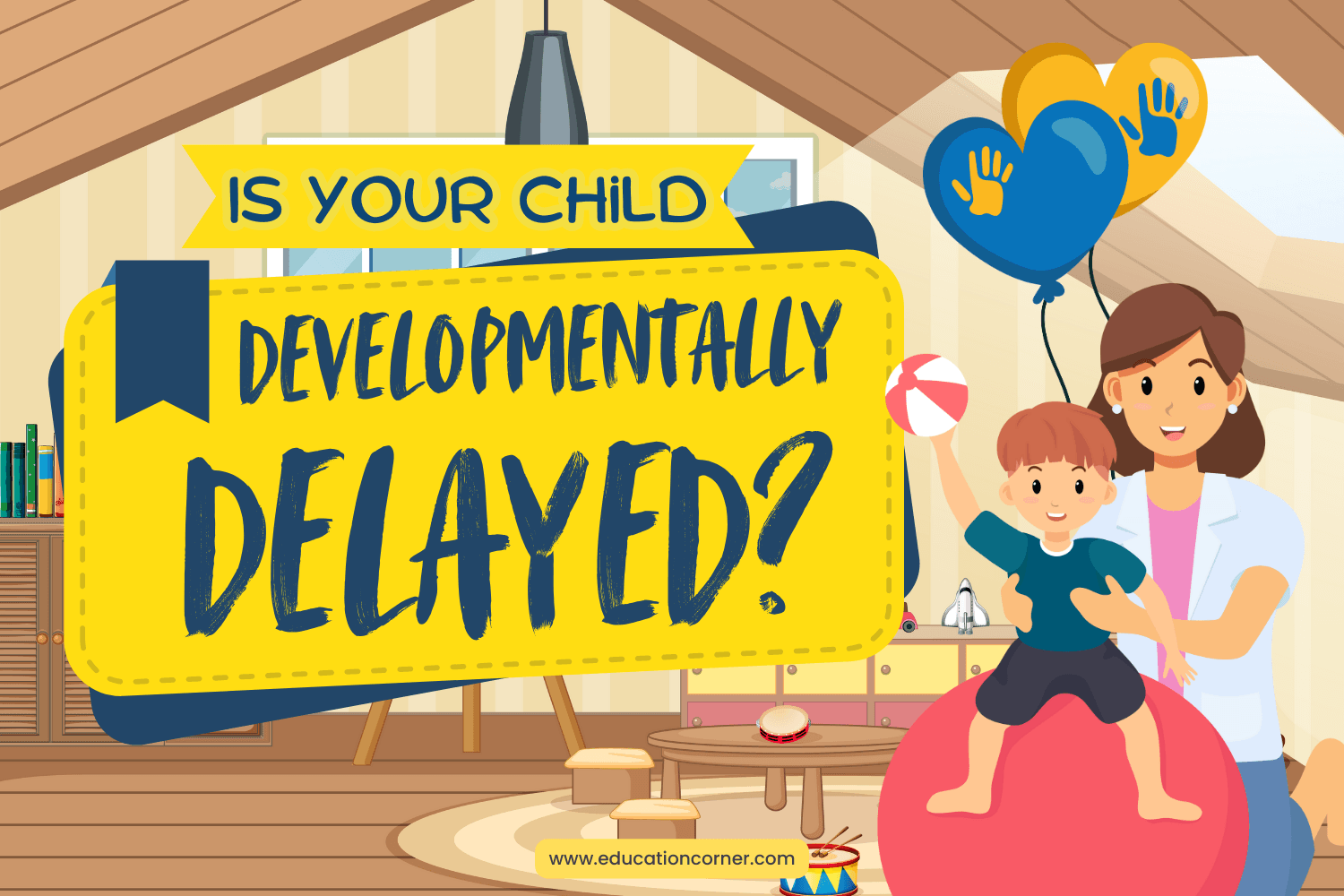Some experts would argue that kindergarten is the most important year of a child’s life. The changes, growth and learning experienced during this year are tremendous.
Maybe everything we really need to know we did learn in kindergarten–at least that’s what some studies suggest. Kindergarten is also important because it’s the year where parents and teachers really need to pay attention and take note of a child’s progress.
However, measuring the progress of a kindergartener can be difficult. Each child learns at his own pace and there aren’t any standardized tests that can accurately assess whether or not a kindergartner is just progressing at a slower pace or developmentally delayed. Parents and teachers must be alert, attentive, and know what to look for.
It’s not uncommon for some kindergarten children to lag behind others in academic development, or even fine motor abilities. In such cases, a little extra attention and hand holding is all these children need to get caught up with their peers by the start of first grade. However, when you sense progress isn’t being made, that milestones aren’t being achieved, it may be a sign of developmental delays–specifically learning disabilities.
Learning disabilities are neurologically-based disorders where the mind has difficulty processing information. Learning disabilities most commonly are demonstrated in children by the inability to correctly receive, organize, interpret and produce information.
They may become apparent as a child struggles to learn basic skills such as reading, writing and/or math. However, developmental delays can affect a child’s life far beyond the realm of academics. They can affect a child’s social interactions with family, friends and classmates, and interfere with their ability to focus, memorize or reason properly.
Interestingly, children with learning disabilities are usually quite intelligent–sometimes even more intelligent than their classmates. Their disability isn’t based on their intellect, it’s a function of an inability to process correctly.
When dealing with a child with a learning disability, there is often a large gap between their potential and actual achievement. Children with learning disabilities may appear perfectly “normal”, bright and intelligent, yet lack the ability to perform at an expected skill level for a child of their age.
So when is a kindergartener just a little slow on the uptake, or developmentally delayed? It can be really hard to tell. There are however some “red flags” to look for if you suspect your child or student may have some learning disabilities.
If you come to the conclusion that something is amiss, it’s time to seek a thorough evaluation by a qualified professional. The following is a list of red flags–organized by subject–that may indicate a child is developmentally delayed or struggles with a learning disability.
Mathematics
- struggles with recognizing numbers 1-10 (6 and 9 confusion normal)
- inability to count ten objects
- difficulty learning numbers
- difficulty identifying basic shapes (triangle, circle, square, etc.)
- difficulty learning colors
Language Arts
- unable to recognize letters in his name
- struggles with pronunciation of basic words
- difficulty with rhyming
- struggles to retell sequence of events
- consistent difficulty sounding out words
- ignoring punctuation while reading
- poor handwriting compared to others his age
Social Skills
- less able than other students to focus on tasks
- shows signs of impulsive behavior which causes harm to himself or others
- struggles to follow two-part instructions
- struggles to complete tasks
- doesn’t socialize with others kids in his class
- struggles to make eye contact with kids in his class
Even if a child shows difficulty in one of more of these areas, it’s no reason for immediate concern. These are just red flags that indicate a closer look is merited. In fact, a kindergartener that has weakness in several areas of language arts, math or social skills may still not have a learning disability.
If prior to kindergarten, a child has not been nurtured in a developmentally appropriate setting, where they had the opportunity for developing math, language and social skills, then it may not be possible to identify if the child has learning disabilities until later in their education.
Whatever a child’s background or experience, weakness in one or more of the above areas is reason enough to have a professional evaluation performed.
Diagnosing learning disabilities early, and intervening, can make a big difference in the lives of children and help put them on the path to a fulfilling future.

